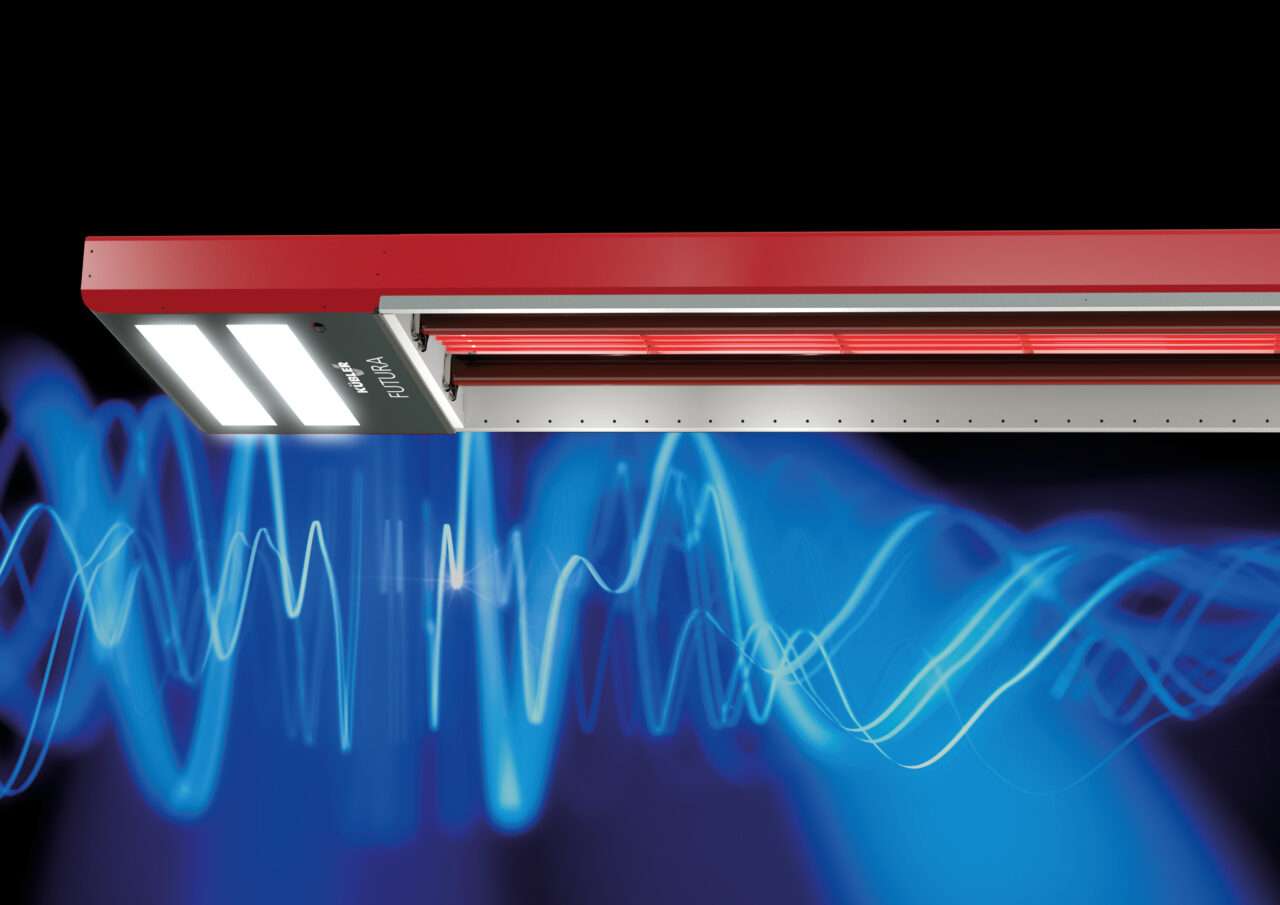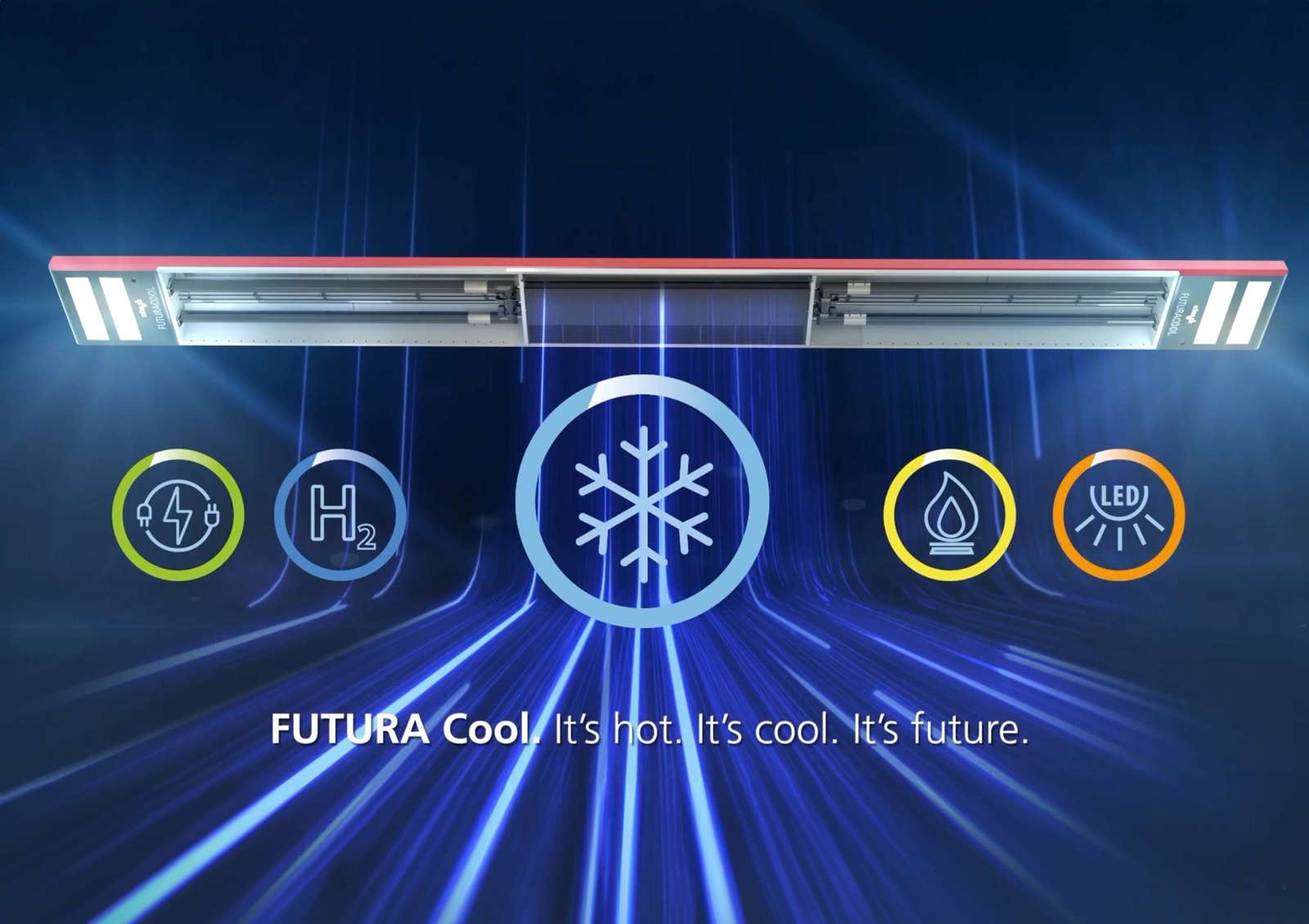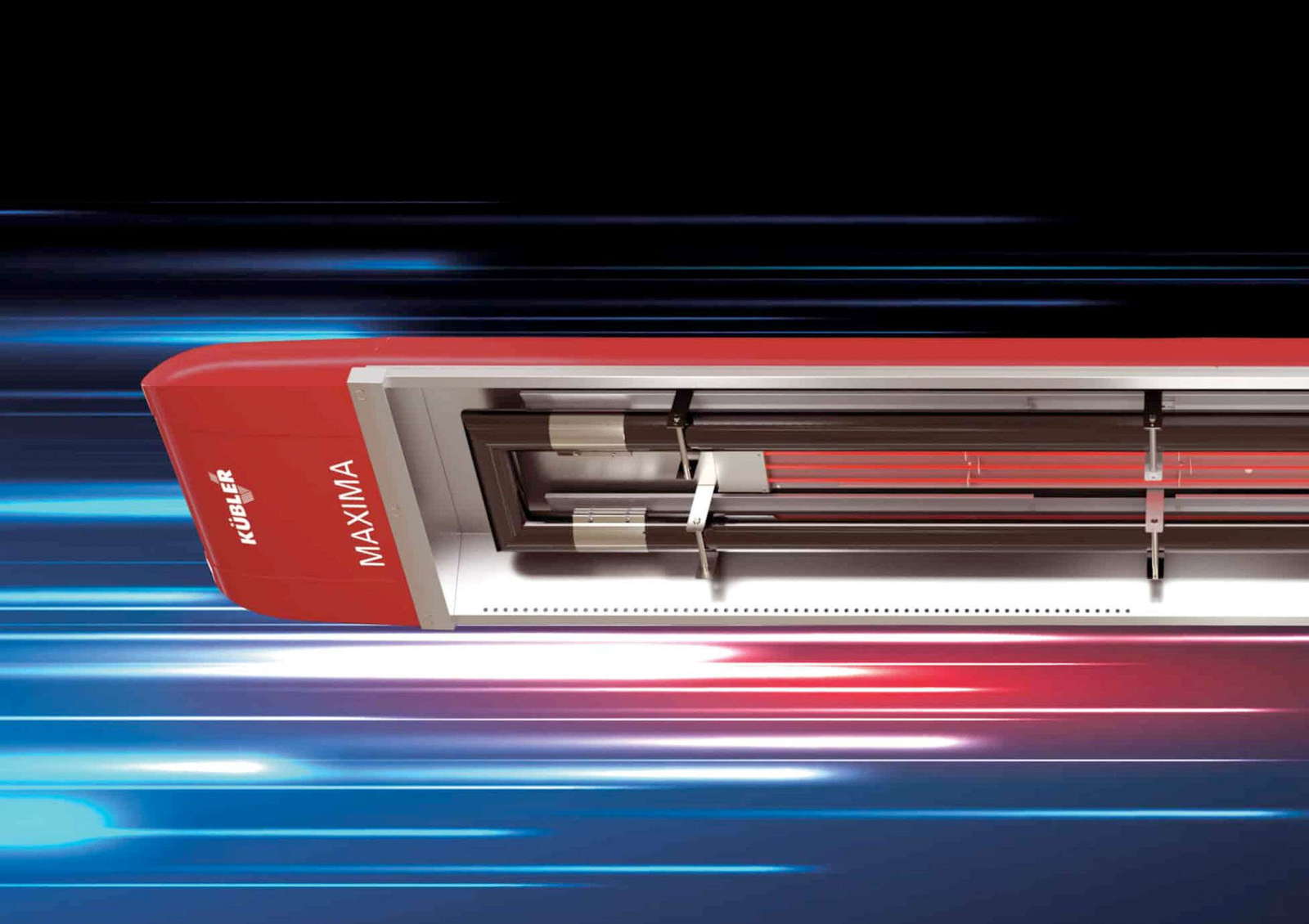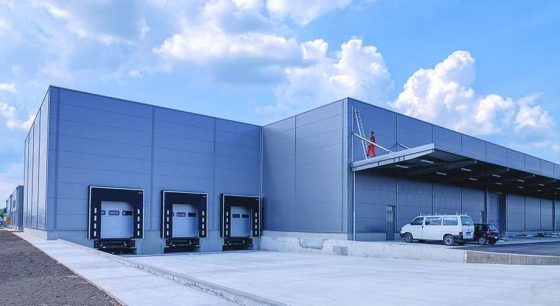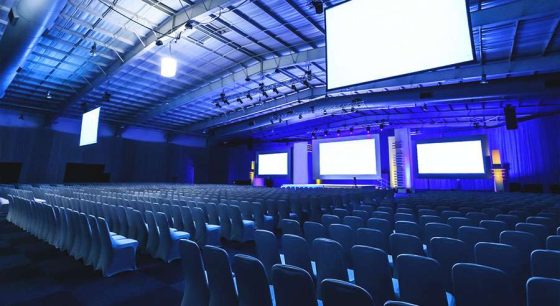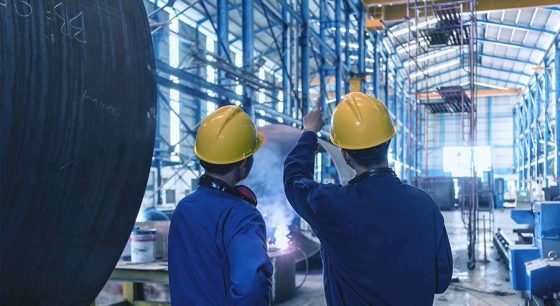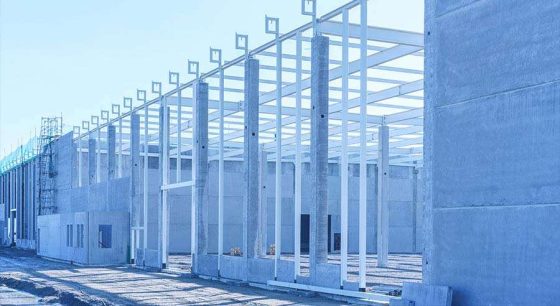Energy guzzler hall heating - 9 savings tips from the expert
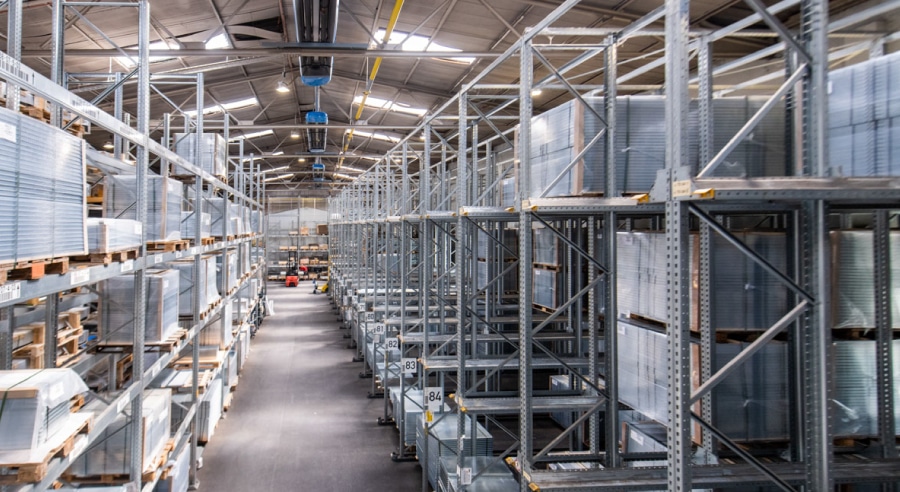
The first piece of good news is that if you have a modern infrared indoor heating system in operation, you will save a lot of energy right from the start - regardless of the year of manufacture. Current models, when smartly controlled, are even more economical and can be operated with renewable energies, so replacing them can be economical, but you are basically on the right side.
The second piece of good news is that energy consumption can be reduced even further if you make the most of the potential of your energy-saving hall heating system. After all, the most economical heating system is the one that is not needed. As your infrared heating works quickly, the temperature in the building can be lowered when no work is being carried out and work areas can be heated up again quickly when required. We would like to give you some important tips on this:
Tip 1: Reduce the heating times to what is really necessary.
Infrared heaters only require short heat-up times and can be switched on or off as required. Therefore, check the time setting of your control unit and adjust it to the actual working times in your hall.
Tip 2: Check the heating zones for demand-oriented settings.
Not everyone works the same amount of time in every work area. Switch off the zones where the shift ends earlier or where no work is done on certain days.
Tip 3: Reduce the set temperature by 2 to 3 degrees.
In this way, you benefit from the special advantage of infrared heating, which ensures earlier comfort thanks to its heat radiation and the heated surfaces (bidirectional mode of operation). This means: The same heating quality of 18 °C air temperature of a warm air heater can be achieved at 15 to 16 °C with a highly efficient infrared hall heater. Take advantage of this benefit!
Tip 4: Check your door opening times.
Reduce these to a necessary minimum. Open doors waste a lot of energy unnecessarily. For frequent door openings, use smart software tools such as TorOff, to avoid energy losses.
Tip 5: Check the room frame for open windows and leaks.
A lot of energy can also be lost through open windows or leaking building envelopes. Unpleasant cold bridges are also created. This can be avoided by paying attention and making small repairs where necessary.
Tip 6: Clean the reflectors of older heating appliances,
Clean stainless steel reflectors ensure optimum infrared transmission in the working areas. If soiled, part of the heat radiation is lost through diffusion. Up to 10 percent on heavily soiled surfaces! This unnecessary consumption can be saved simply and effectively. Note: with modern top appliances such as OPTIMA plus, MAXIMA, MAXIMA E-Hybrid or the innovative multi-energy hall heating systems from the FUTURA there is no need to clean the reflector due to the design.
Tip 7: Are you thinking about replacing your old heating system?
Then please don't make the mistake of going back to a convective system (systems that work with warm air or warm water) when it comes to hall heating. Why? Because this would very probably be a step backwards in terms of heating energy consumption - not to mention the loss of comfort, even if a heat pump were integrated into the concept. Here you should know: The heat pump is ideally suited to producing heat very efficiently at a low temperature level - ideal for most multi-storey buildings. In hall buildings with ceiling heights of over 4 meters, this heating principle often does not work satisfactorily. In addition, you lose the option of heating in line with the actual heat demand, i.e. at the times and in the areas of the hall where heat is actually needed. The system inertia of hydraulic heat pump systems and the heat distribution with additional auxiliary energy required are not very suitable for the dynamic and volatile requirements of industrial and commercial operations. From open gates to shift operation. So if you are thinking about optimizing your heating system due to the age of the system and the overall situation in order to reduce CO2emissions and reduce heating costs, be sure to seek advice from our proven experts in energy-efficient hall heating.
Tip 8: Find out about the latest hall heating technologies.
As an innovation leader and specialist in energy-saving hall heating, we have developed a wide range of options for specifically reducing energy consumption in halls. Right up to the possibility of using renewable energies very economically with our innovative E-HYBRID or multi-energy systems. Our latest cutting-edge technologies are able to absorb different forms of energy and thus beam you into the carbon-free era in terms of heating. These are technologies that are very economical because the investment remains affordable and because consumption can be significantly reduced again thanks to the many newly developed functions. You can be sure that optimizing your heating with the right technology will pay off for you. And for the environment.
Tip 9: Get help!
A good place to start is www.kuebler-hallenheizungen.de
And the final piece of good news: if you follow the above recommendations consistently, you can achieve the required savings that the energy industry needs with relatively little effort and still maintain a good thermal working climate in your hall building.
-
Not only politicians have pulled the ripcord, many companies are also planning to extend the Christmas break and shut down operations at least until the second week of January. Machines will be at a standstill for weeks and the doors to the factory buildings will remain closed.
-
Whether concert fans, art lovers or party enthusiasts: the room temperature also determines the success of events. How hosts ensure a comfortable climate in event halls and exhibition rooms with hall heaters.
-
Operators of indoor heating systems are also responsible for having their system serviced regularly. In addition to operational safety, there are other good reasons why maintenance should not be put on the back burner!
-
Are you looking for an economical and sustainable heating system for your new building? Then you should invest enough time in planning. And avoid the following mistakes.
